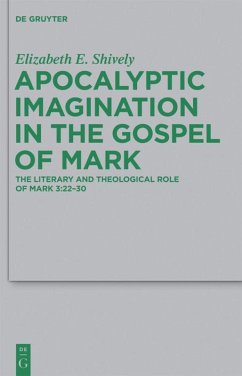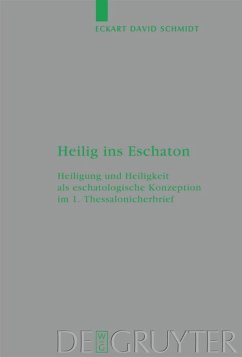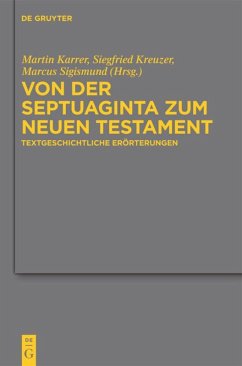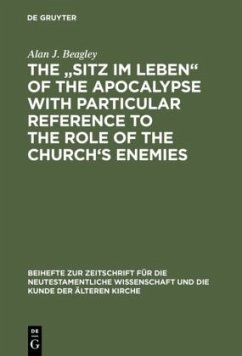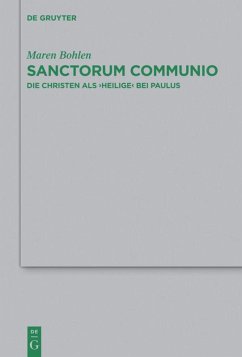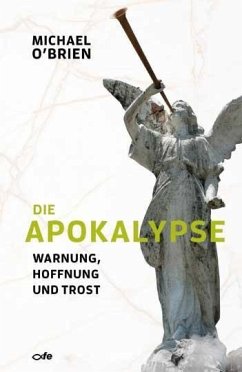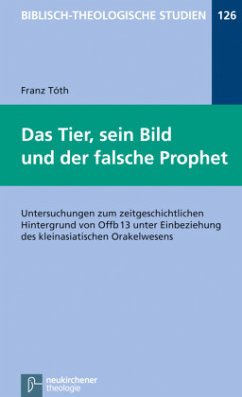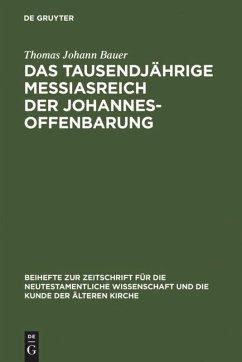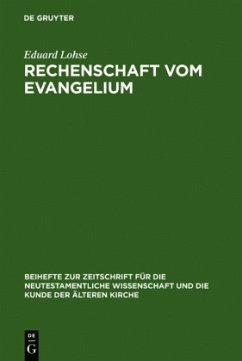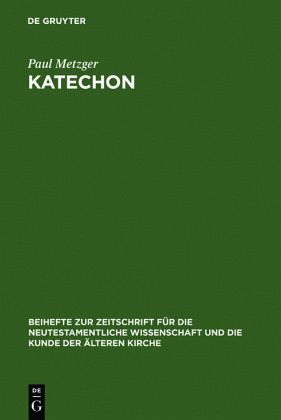
Katechon
II Thess 2,1-12 im Horizont apokalyptischen Denkens

PAYBACK Punkte
0 °P sammeln!
The Second Epistle to the Thessalonians develops a scenario for the end of time in which the "Katechon", a power that is not clearly defined, prevents the appearance of the Antichrist and Christ's return. Against the background of ancient texts, this study examines the question of what or who is meant by this "Katechon", and what significance this "Katechon" has for the history of salvation. At the same time, the author reveals how the early Christians perceived themselves and their place in history.
Der zweite Thessalonicherbrief entwirft ein endzeitliches Szenario, in dem eine nicht näher bestimmte Macht, das oder der "Katechon", das Auftreten des Antichristen und die Wiederkehr Christi verhindert. Vor dem Hintergrund antiker Texte geht die Arbeit der Frage nach, was oder wer mit dieser Rede vom "Katechon" gemeint ist und welche heilsgeschichtliche Bedeutung diesem "Katechon" zukommt. Damit wird zugleich deutlich, wie die frühen Christen sich und ihren Platz in der Geschichte verstanden.




